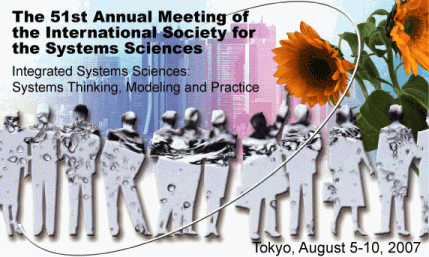MULTI AGENT BASED SIMULATION FOR TYPHOID FEVER WITH COMPLICATIONS: AN EPIDEMIC ANALYSIS
Keywords:
Epidemic agent based modeling, Outbreak, Typhoid fever, NetlogoAbstract
The purpose of this paper is to describe an epidemic modeling and simulation of the spreading Typhoid disease and the possibility to become complications, and assess its in one population. Typhoid disease was implemented inside the NetLogo modeling epidemic. The aim of design is to present a percentage of Typhoid disease outbreak and likelihood complications. The concept of phenomena—that is, how patterns in spreading Typhoid infection result from the interactions of many people in one population. The Typhoid epidemic modeling provides the epidemiologist with the opportunity to observe and explore these interactions in simulated epidemic that enable them to analyze the outbreak of this disease. As known that Typhoid Fever is an infection disease that can spread from human to human through the social interactions in the bad of hygiene and sanitation circumstances. Typhoid Fever is caused by Salmonella typhi and occurs sporadically in every year in Indonesia. The NetLogo programming epidemic allows epidemiologists to build computer models of infected human to healthy human interactions in one population and visualize agent (person) of healthy, typhoid infected, typhoid complications in the populations. These models are able to illustrate how if there are 10 Typhoid infectious persons in one population can spread to the healthy persons and then the Typhoid patients may become complicated. The results of this simulation can be viewed in monitor and graph plots.Published
2007-07-31
How to Cite
Sutiono, A. B., Suwa, H., & Ohta, T. (2007). MULTI AGENT BASED SIMULATION FOR TYPHOID FEVER WITH COMPLICATIONS: AN EPIDEMIC ANALYSIS. Proceedings of the 51st Annual Meeting of the ISSS - 2007, Tokyo, Japan, 51(2). Retrieved from https://journals.isss.org/index.php/proceedings51st/article/view/468
Issue
Section
Agent-based Social Simulation

